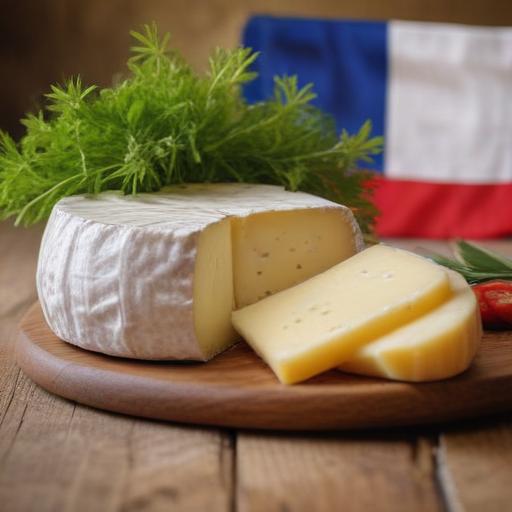Agricultural union Mossa Paisana and the Corsican cheese producers’ union Casgiu Casanu have raised significant concerns regarding a proposed modification to the AOP Brocciu regulations, currently under study. The proposed changes, particularly aimed at extending the time allowed for milk transformation, pose risks to the unique characteristics of this iconic Corsican product.
The crux of the concern lies in the fear that such amendments could distort the traditional knowledge surrounding the production of brocciu. Mossa Paisana emphasizes the need to maintain a delicate balance between necessary progress and the avoidance of industrial drift. While they acknowledge some favorable elements of the proposal, such as the official recognition of oak and chestnut tree pastures—a remedy for a historical inconsistency in the regulations—they express grave concerns over the long-term impact this could have on the local agricultural sector and the essential connection between the product and its territory.
A major point of contention is the suggested increase in the maximum time allowed for the transformation of whey from 40 to 72 hours. Romain Rubini, president of the consortium and a sheep farmer, notes that this change would necessitate pasteurizing the milk, contradicting the very essence of brocciu, which is made from fresh milk. He argues that this shift could lead to less artisanal production and a consequent risk of standardization, undermining the product’s authenticity.
Rubini highlights potential unfair competition, noting that the new regulations could disadvantage small-scale farmers who produce brocciu with care and immediacy compared to industrial producers who may collect milk less frequently. He draws parallels to the historical injustices faced by Corsica in the 1800s, when customs laws constrained local producers and forced reliance on traditional methods as a means of survival.
Moreover, he points out that local milk production currently lags behind imported processed milk on the island, a situation that could lead to unfair competition while processed products are marketed as “Corsican cheese.” He emphasizes the significance of brocciu as the only Corsican product with AOP status, asserting that any potential devaluation could jeopardize its market value, especially when local agricultural businesses are already vulnerable due to climate issues and land pressure.
While Mossa Paisana is open to reasonable amendments, they assert that any modifications must adhere to the original intent of the AOP, which is to safeguard producers, local breeds, and territories. They advocate for the maintenance of strict monitoring of transformation times, suggesting that exceptions should only apply in clearly defined emergencies.
Another contentious issue is the proposal to remove “Corsican” from the product label. Rubini reacts strongly, calling such a move absurd and misleading, as it could misrepresent the product to consumers and exploit local farmers.
Looking toward the future, Mossa Paisana advocates for a comprehensive agricultural strategy for Corsica that elevates the role of shepherds beyond a mere folkloric symbol. They underscore the importance of protecting agricultural land amid rampant urbanization, calling for local authorities to take action to preserve pastoral productivity.
Rubini’s poignant final appeal urges political and rural communities alike to engage in meaningful discussions about the future of their land and people, emphasizing the need for concerted efforts in agricultural conservation and revitalization. This proactive stance reflects hope for the preservation of Corsican agricultural heritage amid evolving challenges.
